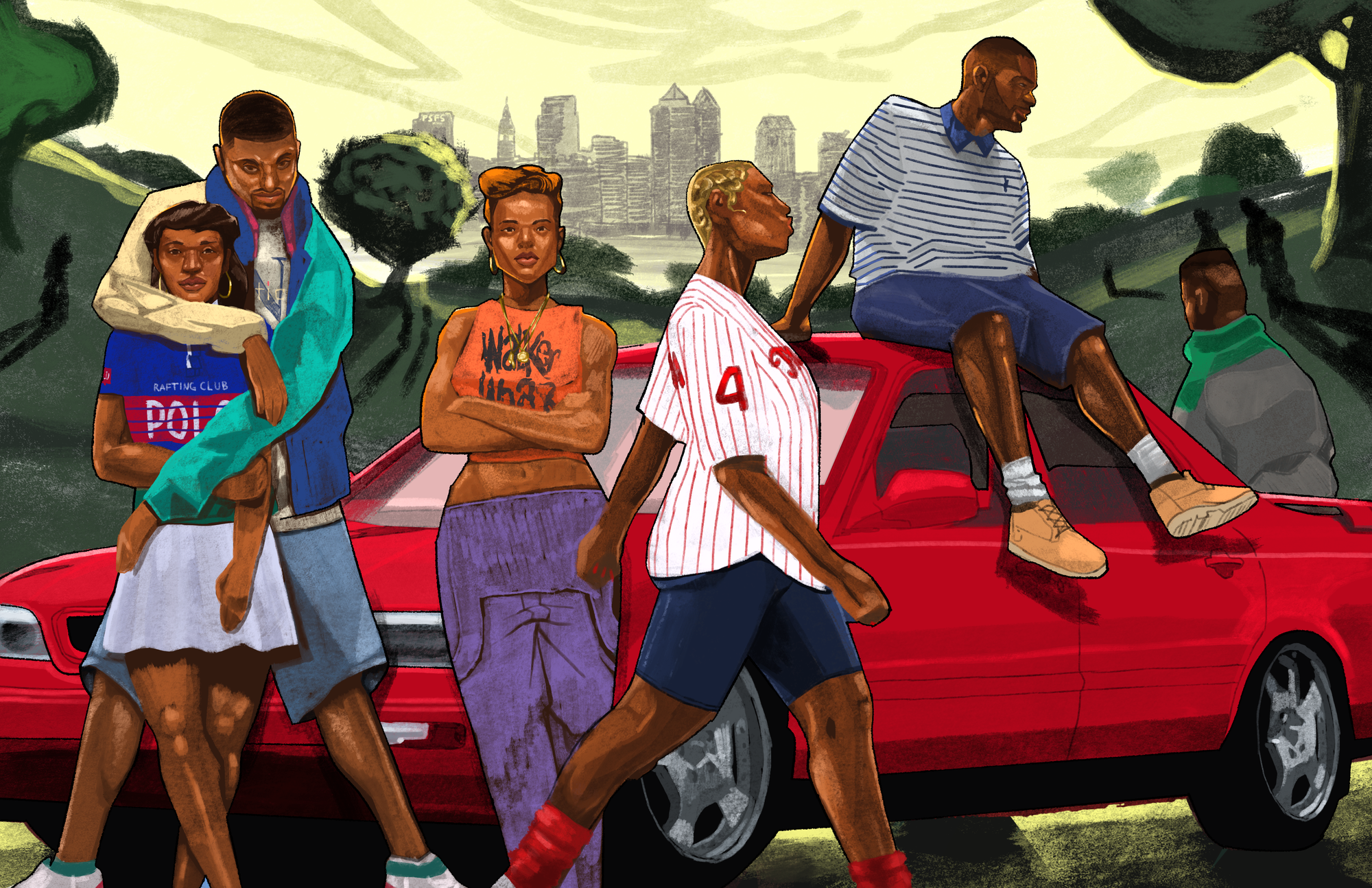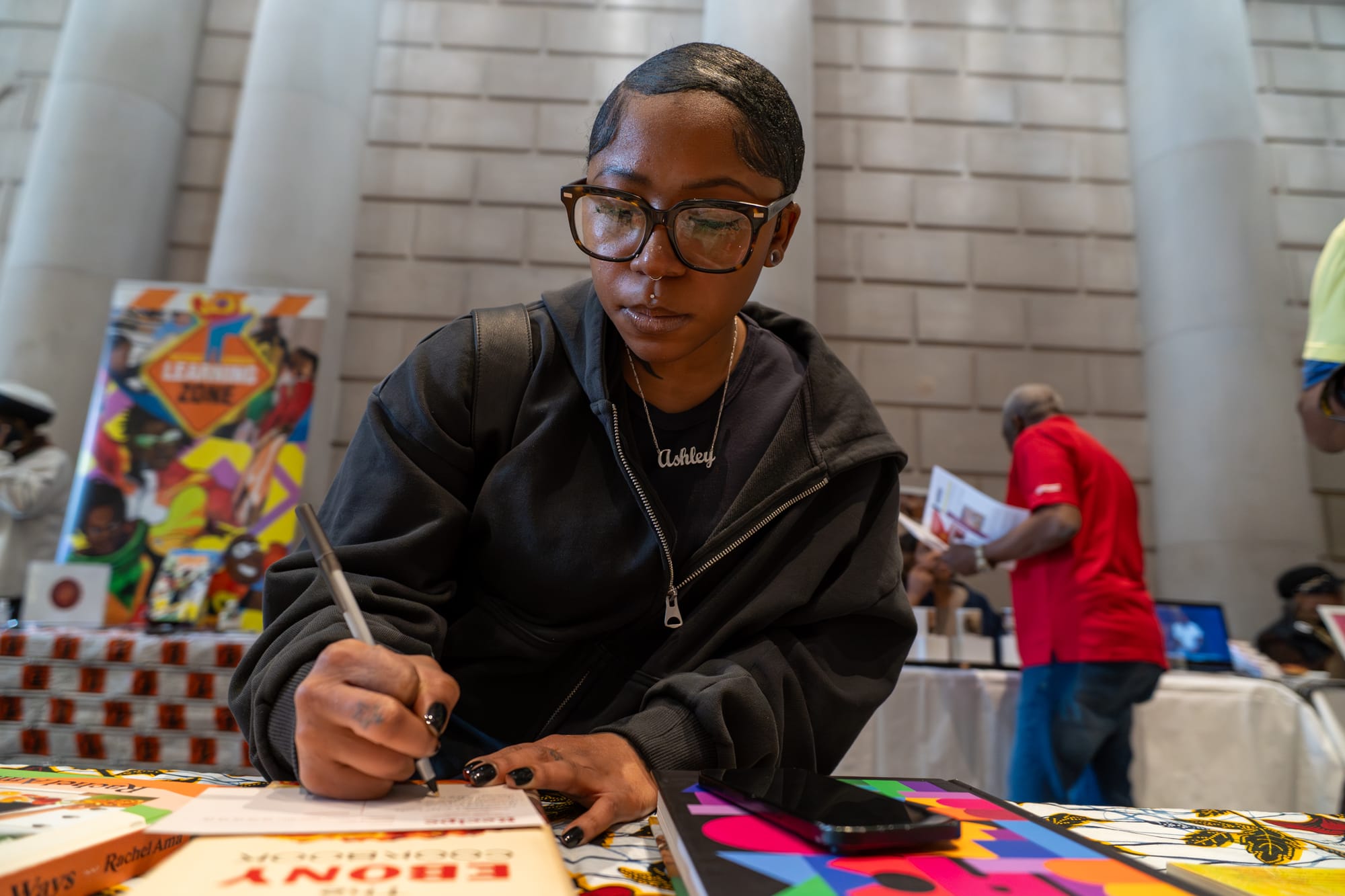The Disappearing Ink of Black Journalism
If a story is told but no one listens, does it matter that it was told at all?
If a story is told but no one listens, does it matter that it was told at all?
That question is heavy on my mind as I watch the slow, deliberate erosion of Black journalism in Philadelphia. The Philadelphia Inquirer, the city’s flagship paper, the self-proclaimed “paper of record,” has laid off multiple journalists of color and shuttered its Communities & Engagement desk.
The very desk created in the wake of George Floyd’s murder, after national protests forced has now been dissolved — not quietly, but certainly predictably. It is hard not to see it as the end of a chapter that many of us feared might always be temporary.
Let’s be clear: the Inquirer’s Communities & Engagement desk was not some PR wing or token gesture. It was a newsroom within a newsroom, an explicit acknowledgment that coverage must be different if it hopes to serve communities that have long been ignored or misrepresented by traditional media. Its reporters brought depth and cultural fluency to stories that might otherwise be flattened or missed entirely. They wrote for people who had never seen themselves centered in a major metropolitan paper. They were, in a word, necessary.
And now, they’re gone. The layoffs at the Inquirer are not just a local story. They echo a national pattern, one where journalists of color — especially Black journalists — are often the first to be cut when budgets tighten or when political winds shift.
The New York Times' entire audio team behind the hit podcast Still Processing, a groundbreaking exploration of race and culture, was recently gutted. The message is subtle but deafening: the window is closing.
Journalism is supposed to be a mirror. But for so long, it’s been a funhouse: stretching and distorting Black life, flattening nuance, and filtering it through the assumptions of editors and publishers who never lived in our neighborhoods or understood our histories. The past few years offered a brief, hopeful glimpse of a different kind of journalism.
Not advocacy, not propaganda, but truth-telling rooted in proximity and care. That journalism is now being pulled up by the roots, just when we need it most. Because let’s not pretend the need has gone away. Philadelphia is still one of the poorest big cities in America. Transit still fails the communities that rely on it.
The loss of the Communities & Engagement desk matters not just for who was laid off, but for what those journalists represented: a chance for the Inquirer to evolve into a paper that didn’t merely report on Black Philadelphia, but reported with and for it. That’s a profound difference. It’s the difference between coverage that pathologizes a community and coverage that understands its complexity.
The Inquirer told itself a story in 2020: that it could change. That it could grow. That its newsroom could be a place where Black voices didn’t just have seats at the table, but helped set the agenda. It was a story rooted in the idea of public trust, of journalism as a civic good. That story, it seems, is over.
Of course, the Inquirer will say the classic line, “These were painful but necessary decisions.” Budgets are tight. Revenue is down. And yes, journalism is a brutal business. But when a newsroom decides which roles are essential and which are expendable, it is making an editorial choice.
It is saying what kind of journalism it values — and, by extension, which audiences it is willing to lose. This moment calls for more than disappointment. It calls for imagination. If legacy outlets cannot or will not center Black life, then we must build the spaces that will.
Philadelphia has a proud tradition of Black press — The Philadelphia Tribune has been here for more than 130 years, after all. That’s why The Philly Download exists, and we stand next to The Philadelphia Tribune. At The Philly Download, we want to invest in independent Black media and oral history projects.
We need journalism that doesn’t wait for tragedy to pay attention. Ultimately, the question is not whether Black journalism can survive these cuts. It’s whether cities like Philadelphia can survive without it.




